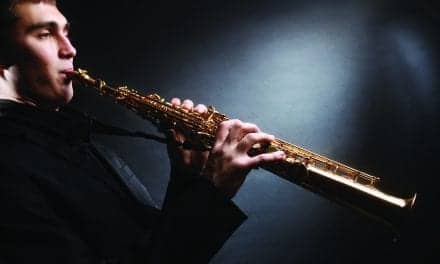A team of researchers, led by Carlos López-Otín, at Universidad de Oviedo, Spain, has identified in mice an essential role for the cellular process known as autophagy in inner ear development and balance sensing.
Team members say they hope the data will yield new understanding of human balance disorders, which are of increasing relevance as the elderly population expands–and possibly new therapeutic approaches.
Autophagy is an evolutionarily conserved process by which cells consume unwanted cellular constituents and recycle nutrients.
The team generated mice lacking the autophagy protein Atg4b and showed that they exhibited a systemic reduction in autophagy. The researchers found it surprising that the mice also exhibited several behaviors characteristic of inner ear disorders, such as head-tilting, circling behavior, and an inability to swim.
Further analysis indicated that these behaviors resulted from defective development of otoconia, organic particles that contain calcium carbonate crystals and proteins and that are essential for balance perception.
In an accompanying commentary, Suresh Subramani and Andreas Till, at the University of California at San Diego, La Jolla, note that these data indicate a role for autophagy in functions distinct from degrading cellular constituents.
[Source: Eureka Alert on behalf of the Journal of Clinical Investigation]



